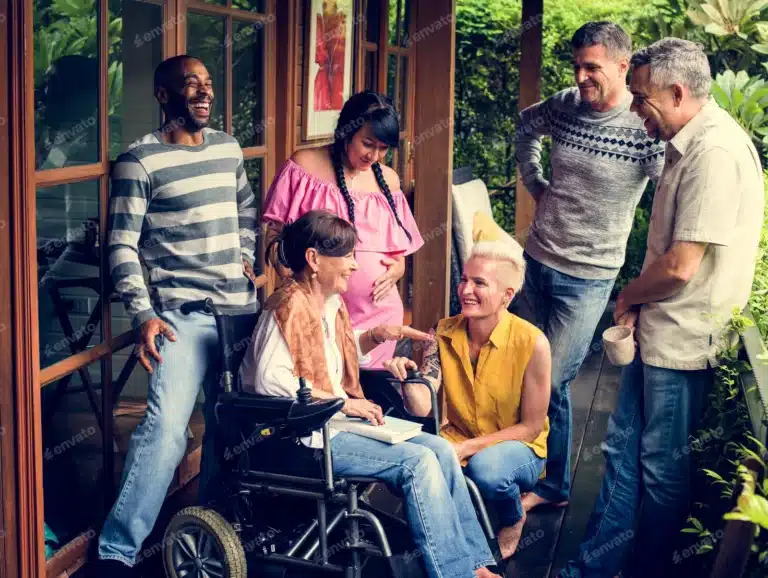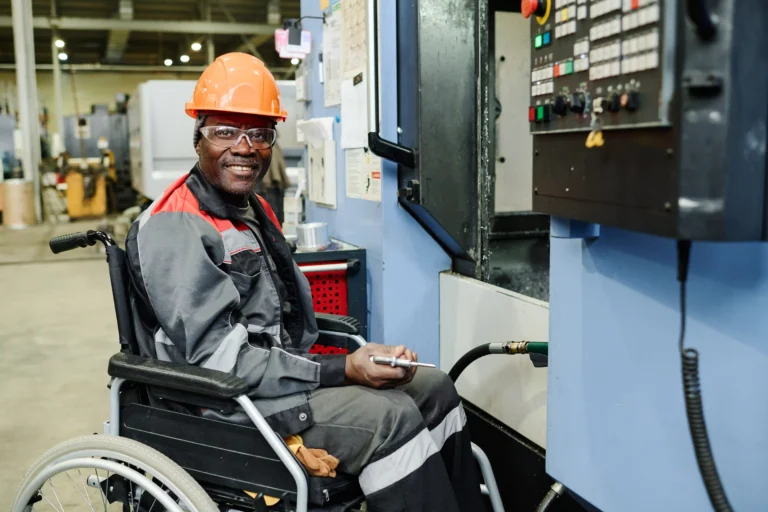Can You Get Disability Benefits For Depression?
Home » Types of Disabilities » Can Depression Qualify You for Social Security Disability Benefits?
An estimated 21 million adults have had a major depressive episode, according to the Substance Abuse and Mental Health Administration. Thus, many Americans have become more aware of the effects depression and other mental illnesses have on the lives of their friends, neighbors, and loved ones.
Those suffering from clinical depression may wonder if their condition qualifies them for Social Security Disability benefits. You can get benefits for depression when it meets the Social Security Administration’s disability criteria, but the system contains some nuances regarding mental health conditions.
On this Page
- Is Depression A Disability?
- What Is The Social Security Disability Criteria for Depression?
- SSDI vs. SSI: Which One Can You Get For Depression?
- How to Prove Your Depression Qualifies For Disability Benefits
- Common Reasons Depression Disability Claims Get Denied
- How to Apply For Disability Benefits For Depression
- What To Do If Your Depression Disability Claim Is Denied
- Disability for Depression FAQs
- Reach Out to the National Disability Alliance Today
Is Depression A Disability?
Yes, depression is a disability according to the Social Security Administration and the Americans with Disabilities Act, or ADA. The ADA defines a disability as “a physical or mental impairment that substantially limits one or more major life activities,” which can include depression in many circumstances. If your clinical depression is preventing you from finding or keeping employment, you may qualify for Social Security Disability benefits.
The Social Security Administration defines a person with a disability as someone unable to engage in any “substantial gainful activity” because of a physical or mental impairment that is expected to last at least 12 months or be fatal.
Substantial gainful activity is a level of work activity that requires physical or mental effort and generates income above a threshold level, which is updated annually. In 2025, the monthly substantial gainful activity limit is $2,700 for people who are blind and $1,620 for those with other disabilities.
How Does the SSA Define Depression?
If your clinical depression prevents you from finding or keeping employment, you may qualify for Social Security Disability benefits. The Social Security Administration’s so-called Blue Book lists physical and mental health conditions that qualify for disability benefits. These listings detail the eligibility criteria for each condition. Clinical depression falls under the category “depressive, bipolar, and related disorders.”
This category includes major depressive disorder, persistent depressive disorder, bipolar disorders, cyclothymic disorder, and similar disorders caused by other medical conditions.
What Is The Social Security Disability Criteria for Depression?
To get Social Security Disability benefits for depression, you’ll need to prove your condition meets the Blue Book’s criteria. To qualify for benefits with a depressive disorder, you must experience at least five of the following symptoms:
- Depressed mood
- Diminished interest in almost all activities
- Appetite disturbance with a change in weight
- Sleep disturbance
- Observable psychomotor agitation or retardation
- Decreased energy
- Feelings of guilt or worthlessness
- Difficulty concentrating or thinking
- Thoughts of death or suicide
Your condition must also either severely limit more than one cognitive ability or have medical documentation showing that it has lasted at least two years with ongoing treatment.
SSDI vs. SSI: Which One Can You Get For Depression?
Social Security has two programs that provide disability benefits. Social Security Disability Insurance, or SSDI, provides benefits to people with sufficient work histories who can no longer work because of a disabling condition.
Supplemental Security Income, or SSI, is a needs-based program for those with little to no income. To qualify, you must be over age 65 or have a disability that prevents you from working.
The disability criteria are the same for SSI and SSDI. It’s possible to get either or both depression, but both have different criteria.
Getting SSDI For Depression
To qualify for SSDI for your depressive disorder, your depression has to meet the Social Security Administration’s eligibility criteria for a disabling condition. In addition, you must have a qualifying work history during which you paid a sufficient amount of payroll taxes into the Social Security system.
For most adults, you must have worked five out of the ten years before the onset of your physical or mental impairment. This time is measured in credits, with one year equaling four credits.
However, there is a slightly different set of criteria for younger workers. If the onset of your impairing condition happened before you turned 24, you need six credits from the prior three years. If the onset of your disability occurred between the ages of 24 and 31, you need to have worked for half the time from when you turned 21 until the age you became disabled.
Getting SSI For Depression
To qualify for SSI for your depressive disorder, your depression has to meet the Social Security Administration’s definition of a disabling condition, and your income and assets cannot exceed the program’s threshold level.
If you are capable of earning an income above the threshold considered “substantial gainful activity,” you will not qualify for Social Security disability benefits. If you have resources above a specific threshold, you do not qualify. Generally, the SSI limits are $2,000 for individuals and $3,000 for couples.
How to Prove Your Depression Qualifies For Disability Benefits
Showing a documented history of treatment is the best way to prove your depression meets the criteria required for disability benefits. Types of records that can serve as evidence include the following:
- Psychiatric evaluations
- Documents showing your previous appointments
- Testimony from your doctors or previous employers
- Medication history
- Other notes or records supplied by your medical providers
Keeping a daily diary of your symptoms can also help provide supporting evidence to back up your records.
Common Reasons Depression Disability Claims Get Denied
The SSA rejects SSDI claims for failing to meet certain requirements, as well as for technical reasons. One of the most common causes for denial is failing to fully establish that the applicant’s depression qualifies for benefits. This can be from not including enough records, gaps in treatment, not enough evidence that the condition interferes with work, and more.
Claims can also be rejected based on an insufficient work history, as applicants must have previously earned enough work credits to qualify. Working with an experienced disability benefits lawyer can help you avoid common pitfalls and improve your chances of filing a successful claim.
How to Apply For Disability Benefits For Depression
You can submit an application for SSDI benefits on the SSA’s website. Before applying, gather any relevant medical documents or other evidence you can use to support your claims, including your employment history. The SSA provides a checklist with the information you’ll need.
If you need help filing your application, the National Disability Alliance team is ready to assist you. Our skilled attorneys can review your claim for free and ensure your application has the best chance of success.
What To Do If Your Depression Disability Claim Is Denied
You have 60 days after receiving a denial to appeal the decision. The appeals process for Social Security Disability benefits has multiple steps:
- File a request for reconsideration of the SSA’s initial decision, which takes seven to eight months on average.
- Request a hearing with an administrative judge. This is often the most successful option, but it takes nine months on average.
- Escalate to the SSA Appeals Council, which may grant a higher-panel review of your claim if the judge rejects it.
- File a lawsuit in federal court as a last resort if you disagree with the council’s decision.
An experienced National Disability Alliance benefits lawyer can help guide you through every complicated step of the process, allowing you to focus on healing.
Disability for Depression FAQs
How Long Does It Take To Get Approved?
According to the SSA, most disability benefits applicants receive a decision within six to eight months, depending on the circumstances behind the claim.
Can I Get Benefits If I’m Working Part-Time?
You cannot receive SSDI benefits if you’re capable of performing substantial gainful activity. Substantial gainful activity in 2025 is that which earns more than $2,700 for blind individuals and $1,620 for non-blind individuals. If the part-time work remains below this amount, you may qualify.
You may be eligible for SSI benefits while working part-time, but your income must fall below a certain threshold, and anything you make may reduce your payments. Note that the substantial gainful activity threshold does not apply to blind individuals for SSI purposes.
Do I Need A Lawyer To File A Disability Claim For Depression?
You’re not legally required to have a lawyer to file a disability claim, but an experienced attorney can help streamline the process and improve your chances of success.
Reach Out to the National Disability Alliance Today
If you’re struggling with depression and need help getting the disability benefits you deserve, the NDA team is here for you. We know the system inside and out, and can help make the process faster, easier, and stress-free. You won’t pay any fees out of pocket, and you won’t owe us anything unless we win.
Contact us online or call 833-643-4722 today for a free consultation.
Helpful Resources To Get You Started
Types of Disabilities
Learn which conditions qualify for SSDI and SSI – and how medical documentation plays a key role.
Disability Benefits
Explore the benefits available through Social Security Disability and what you can expect to receive.
Application Process
A step-by-step look at how to apply for disability benefits – and how we can help simplify the process.
FAQs
Have questions? Find quick answers to the most common disability questions we hear from applicants.





